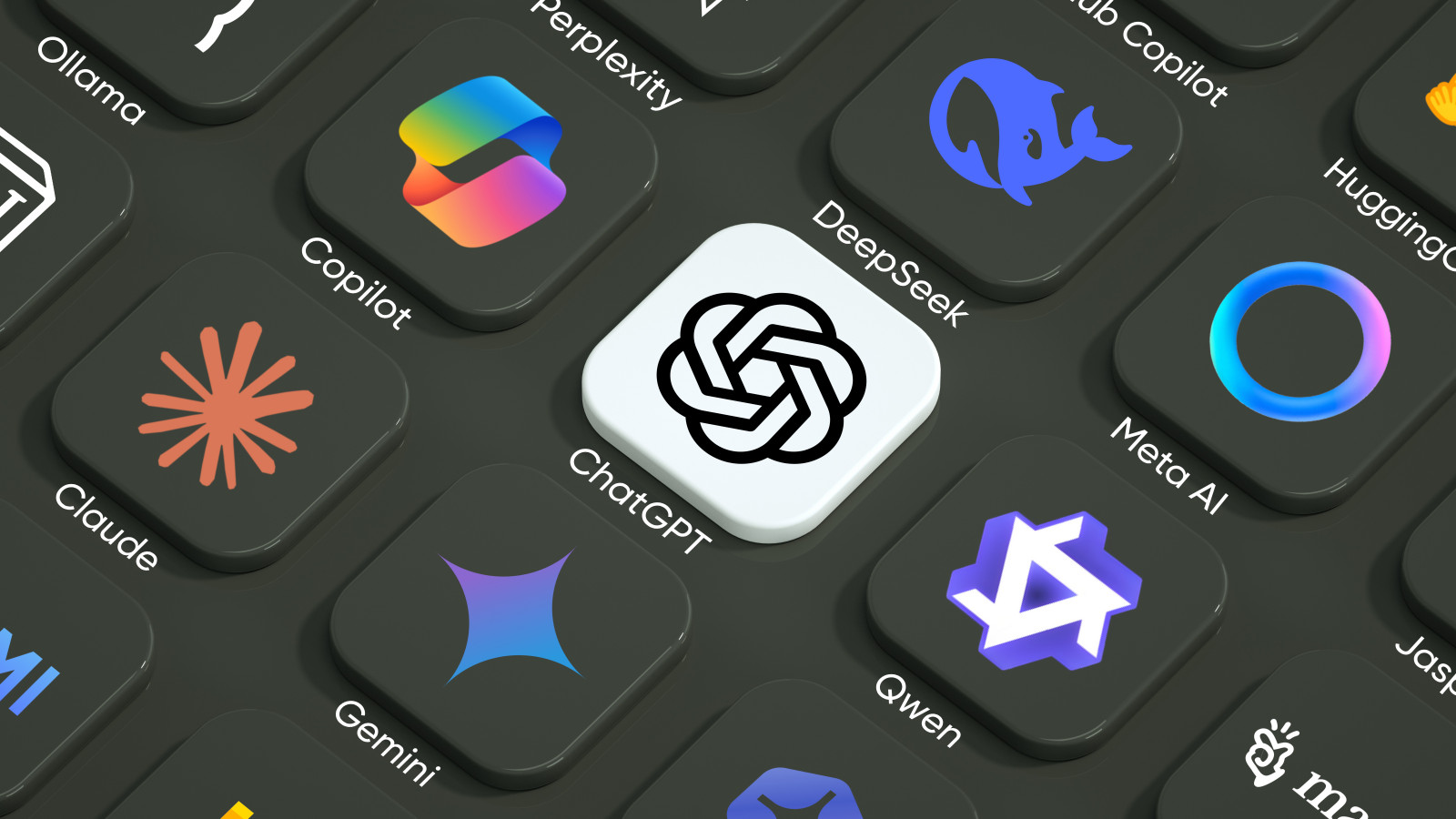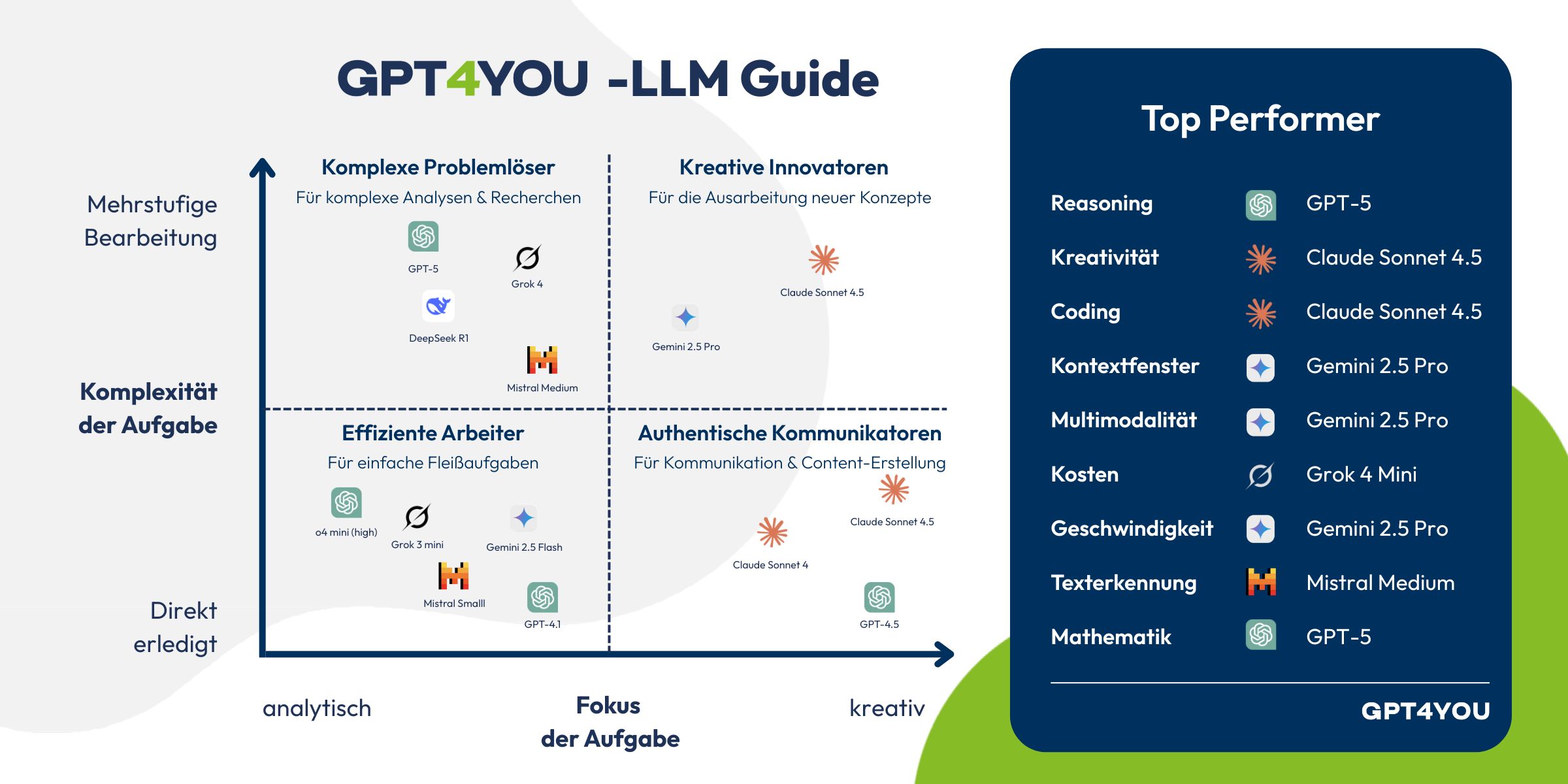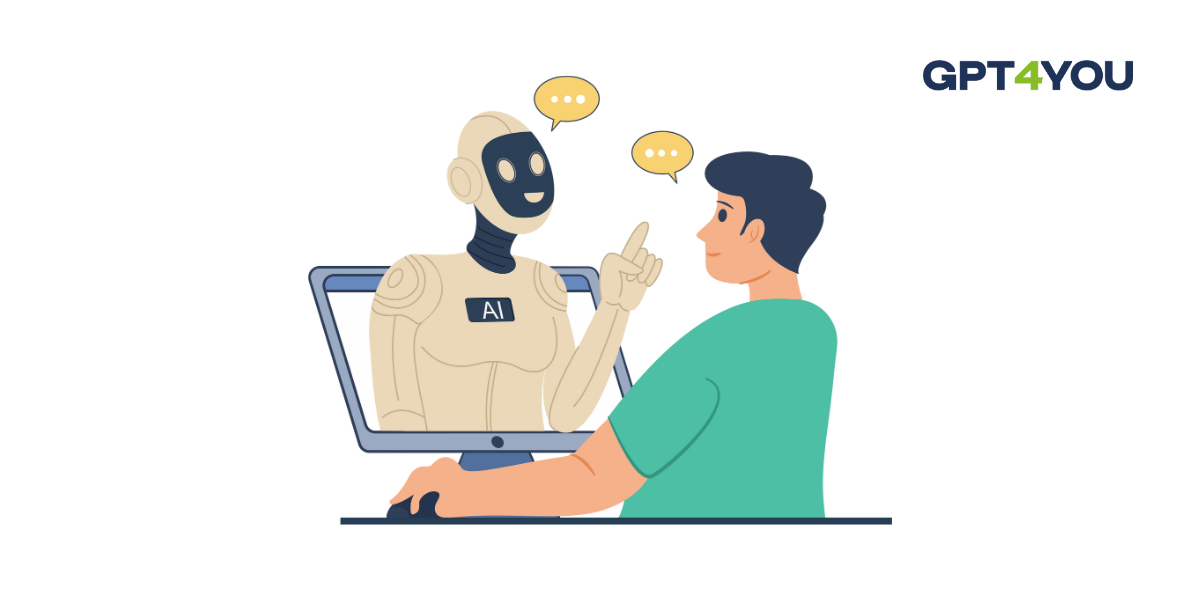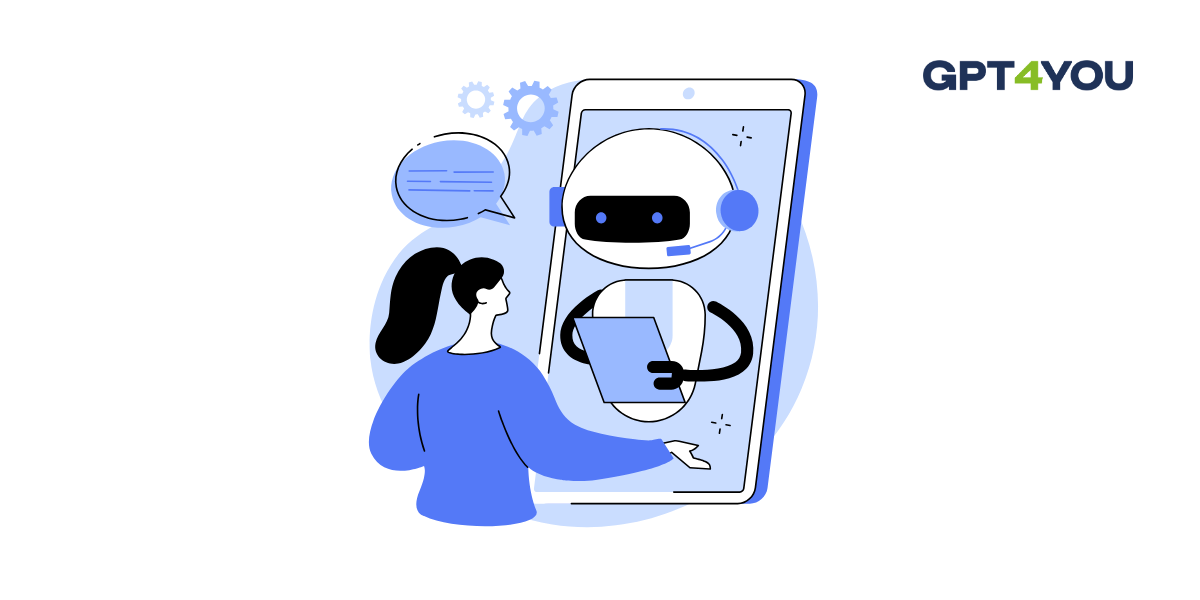
The big LLM guide: AI chatbots & models at a glance. Which AI is the best for companies?
Artificial intelligence is no longer a topic for the future - it is already changing the way we work, communicate and make decisions. The dynamic AI landscape is evolving rapidly and there are now a whole host of tools available, making the choice increasingly complex. You may have already experimented with ChatGPT or other AI tools yourself and noticed how impressively fast and precise these systems can write texts, analyze data or deliver ideas.
But as soon as it comes to using them in your company, questions immediately arise: Which AI is really suitable for my business? Which models deliver reliable results - and, above all, what about data protection and GDPR?
This is precisely the crux of the matter. Many of the well-known AI providers are based in the USA and process data outside of Europe, which is a real problem for any company that wants and needs to handle sensitive information responsibly. That's why we have developed GPT4YOU, an application that allows you to use the well-known AI models securely in your company.
So that you know which LLM in GPT4YOU you should choose for which task, we offer you an overview of the most important models and tools as well as their strengths and weaknesses. This will give you the most important orientation for the successful use of AI in your company!

What are AI models and chatbots anyway and what can they be used for?
When we talk about artificial intelligence (AI) today, we often mean systems that are based on so-called large language models (LLMs). These are huge language models that have been trained on billions of pieces of text data. They learn to understand, process and generate language themselves - almost as if you were writing with a real person.
An AI chatbot is the user-friendly interface for this: You ask a question or enter a task - and the AI provides you with a suitable answer, writes texts, summarizes information or even creates code.
Today, such systems can be used in an incredibly wide range of applications:
In customer service, to answer common questions automatically,
In marketing, to create texts, posts or product descriptions,
In analysis, to evaluate data more quickly,
In internal communication, to make knowledge within the company more easily accessible,
For creating and editing content such as texts, images, videos and audio,
For image generation and video creation with AI tools,
For coding tasks and software development,
With prompts for targeted control of AI functions,
In apps and specialized tools for various platforms,
As AI assistants to support daily work,
For the comparison of documents or websites,
With large context windows for extensive analyses,
In multiple languages and with advanced language functions,
For the automation of work processes,
To use alternatives and open solutions to traditional systems,
To try out new functions and tools,
To stay up to date with newsletters,
To cover everything to do with AI applications,
To obtain structured overviews of the most important tools and functions in lists.
The multitude of functions and tools - from apps, AI assistants, coding, prompts, image and video creation to comparison and analysis functions - makes modern AI systems real all-rounders.
Sounds like the future? In fact, many companies are already using such models - often without knowing exactly what technology is behind them or how secure their data really is.
In the next section, we will therefore take a closer look at which AI models are currently leading the way, what makes them special - and where their limits lie.
Find out more about projects already implemented with GPT4YOU
What challenges do companies face when using AI?
You may have already thought about using AI in your company - the benefits are huge: faster processes, automated tasks, smart analyses. But there are also stumbling blocks. Many companies struggle with a lack of specialists, a lack of time or legal uncertainties. Especially here in Germany, the GDPR is a decisive factor: AI systems often process large amounts of personal data, and if you are not careful, this can quickly become problematic.
This is exactly where GPT4YOU comes in and makes your entry into the world of AI worry-free:
GDPR compliance: you can use AI without hesitation - all data protection requirements are fully met.
Flexible hosting options: Whether locally or in the cloud - you retain full control over your data at all times.
Intuitive operation: GPT4YOU can be used without in-depth IT knowledge, so you can start working productively straight away.
Transparent costs: You only pay for what you actually use, with no hidden subscription fees.
Modularity: You decide which language models (e.g. GPT, Claude, DeepSeek) are best suited to your tasks.
With GPT4YOU, you get a customized, secure and flexible AI solution that not only removes the legal hurdles, but also makes your day-to-day work easier and more efficient.
To find out which LLM you should ideally choose in GPT4YOU, it's worth taking a closer look at the most important large language models (LLMs) on the market.
An overview of the most popular AI models available in GPT4YOU
The market for AI models is growing rapidly - new tools that promise to be even more intelligent, precise or creative appear almost every week. It is not easy for companies to keep track of everything. While most tools are based on similar principles, they differ greatly in their performance, their training approach and, above all, in the way they handle data.
To give you a feel for which model suits which requirements, let's take a look at the best-known AI systems that you can currently use in GPT4YOU.

ChatGPT (OpenAI)
ChatGPT is probably the best-known language model of all. Developed by OpenAI, it quickly became synonymous with generative AI. It can write texts, develop ideas, generate code or summarize complex content - all in an amazingly natural language. With the integration of plugins and access to the internet (with ChatGPT Plus and Team versions), it is extremely versatile.
Chat GPT - strengths & special features
Very versatile AI system, suitable for creative, business and scientific applications
GPT-5 enables: Advanced language processing, code generation, native image and audio input/output, complex agentic capabilities
Automatic model selection facilitates use, older models are still available for special cases
Large ecosystem of plugins and integrations (e.g. Google account connection)
Universal platform for various business tasks
Chat GPT - weaknesses & challenges
Immediately after rollouts, there was criticism of response quality and new query limits in the Plus model
Various GPT 5 levels and automatic model selection can make the cost structure confusing
Depending on the subscription level, the range of functions varies considerably, use of agent features can be expensive

Claude (Anthropic)
Claude comes from the US company Anthropic, which was founded by former OpenAI employees. The focus here is particularly on security and transparency. Claude aims to "hallucinate" less (i.e. invent false facts) and adhere more closely to ethical guidelines. The model is known for its calm, structured expression and is often tested in sensitive areas such as law or research.
Claude - strengths & special features:
More "human" communication and nuanced understanding of complex concepts
Focus on ethical AI development and security → particularly trustworthy for sensitive business applications
Flexible API integration, easy integration into different applications and workflows
Control options for tonality and style of responses: ideal for brand and customer communication
Claude - Weaknesses & challenges:
Less extensive resources compared to OpenAI or Google
Ethics focus can limit creative applications
Geographically limited availability
Integration with third-party tools not yet as comprehensive as with GPT models

DeepSeek (DeepSeek AI, China)
DeepSeek is an up-and-coming model from China that is particularly notable for its performance in mathematical and analytical tasks. It combines speech understanding with computational logic, making it particularly interesting for technical or data-driven applications. DeepSeek is becoming increasingly important in Asia, while it is still not very widespread in Europe - partly due to data protection issues.
DeepSeek: Strengths and special features
Mixture-of-Experts (MoE) architecture: With a total of 236 billion parameters, only 21 billion are activated for each query, which increases efficiency and reduces energy consumption.
Innovative training methods: The use of Multi-Head Latent Attention (MLA) and DeepSeekMoE optimizes inference performance and reduces memory requirements.
Open-source approach: DeepSeek makes its models publicly available, which promotes transparency and adaptability.
Multimodal capabilities: The models support not only text processing, but also image and audio input, which increases their versatility.
Deep Seek weaknesses and challenges
Geopolitical concerns: As a Chinese company, DeepSeek is under international scrutiny, which can lead to uncertainties regarding privacy and data sovereignty.
Limited integration into Western ecosystems: The connection to common business software and tools is not yet as comprehensive as with Western providers.

Gemini (Google / DeepMind)
Gemini is the successor to Google Bard and was developed by Google DeepMind. It is deeply integrated into the Google ecosystem - from search to Workspace to YouTube. Its strength lies in the linking of text, images and code: Gemini understands and processes multimodal content very precisely. For companies that work heavily with Google tools, Gemini is technically exciting - but special care must be taken when it comes to data protection.
Gemini - strengths & special features:
Clearly leads benchmark tests such as LMArena, especially in human preference tests
Top performance in demanding math and science benchmarks (e.g. GPQA, AIME 2025)
Strong capabilities in code generation and editing: create web apps, transform and optimize code, SWE-Bench Verified: 63.8% with special agent setup
Integration into Google's ecosystem enables synergies with Workspace, Search, YouTube etc.
Gemini - weaknesses & challenges:
As an experimental model, availability could be limited
Legal risks due to training data from copyrighted material
Integration into Google's ecosystem can lead to restrictions for users outside the platform

Mistral (Europe)
Mistral is a European AI model based in France. It follows an open-source approach, where the code and training are publicly available. This makes it transparent and flexible - companies can operate and adapt it on their own servers. Mistral is therefore an important counterpart to the US models and plays a central role for data protection-conscious companies in Europe.
Mistral - strengths & special features
European provider with a focus on GDPR compliance and data protection
Open source philosophy: transparent use and customization possible
Efficient model design: impressive results with a smaller range of parameters
Reduced hardware requirements: lower operating costs and low energy consumption
Mistral - weaknesses & challenges
Fewer resources than OpenAI, Google or Microsoft: development speed could be slower
Functionality and integration not yet as comprehensive as established providers
Lower multimodal capabilities: Focus primarily on text processing
Ecosystem integration and developer tools are still being developed

Grok (xAI / Elon Musk)
Grok is the AI model of Elon Musk's company xAI, which is closely linked to the X platform (formerly Twitter). It is designed for quick, often humorous responses and accesses real-time data from X. This makes it well suited for trend analyses or social media-related tasks - but it is less geared towards precise, fact-based business communication.
Grok - strengths & special features:
High performance in various benchmarks
Real-time web access for up-to-date information
Support for native use of tools: versatile in use
Integration into Tesla vehicles to improve the user experience
Attractive cost structure for public institutions
Grok - Weaknesses & challenges:
Lack of safety reports: transparency issues
Ethical concerns due to problematic content in previous versions
Use for private users may require paid subscriptions

AI in the company: Seize opportunities, stay safe, increase efficiency
Artificial intelligence opens up enormous opportunities for companies: Whether automating routine tasks, analyzing large amounts of data or supporting creative processes - the benefits are undeniable. At the same time, legal and data protection requirements must not be ignored.
The solution is to rely on secure and GDPR-compliant applications - such as GPT4YOU from FIDA. This way, you can use the powerful models we have presented here in your company without worrying about data protection or compliance risks.
If you are thinking about introducing AI in your company, it is worth seeking professional advice. This will ensure that you choose the right tools that fit your processes perfectly and also meet all legal requirements.
So don't lose out on the opportunities offered by AI - but focus on security, transparency and control. Your company can benefit from state-of-the-art technology without compromising on data protection or quality.
FAQ - Frequently asked questions about AI models
An LLM is a language model trained on large volumes of text that understands and generates language.
In contrast to classic rule-based chatbots, an LLM can react flexibly to new questions, formulate sentences in natural language and remember the context of the conversation.
Automation of routine tasks and frequent requests
Support for text production, content, marketing, customer service, analysis
Scalability: process many inquiries simultaneously
Personalized answers through contextual reference
Faster response times and relief for employees
Data protection problems: User input is often stored or processed on servers outside the EU
Lack of transparency regarding training data and copyright
Non-transparent cost models, limitations depending on subscription level
Dependence on external providers and their availability
Lack of GDPR compliance in many standard installations
Hosting and data processing should ideally take place in the EU
An order processing contract (AV contract) is required if an external service provider is involved
Users must be informed about data processing (privacy policy, information obligations)
Technical and organizational measures (e.g. pseudonymization, access controls, logging)
Risk assessment and, if necessary, data protection impact assessment (DPIA)
An opt-in / consent to the processing of personal data may be required
GDPR-compliant: data remains in EU locations, no uncontrolled further processing
Flexible hosting: choice between local or cloud
Modular & open: Connection of several models possible (e.g. GPT, Claude, DeepSeek)
Transparent cost structure: no hidden subscriptions, pay as you use it
User-friendly: Operation possible without in-depth IT knowledge
Yes - you can integrate and combine different LLMs, depending on the task and requirements. GPT4YOU gives you the freedom to choose and optimize the right model for each use case.
Absolutely. A data protection-compliant, flexible and easy-to-use AI solution is particularly important for SMEs - without high investments in infrastructure or specialist knowledge. GPT4YOU makes AI accessible, secure and scalable.
You don't need in-depth AI or programming knowledge. The platform is designed to be user-friendly. Advice from FIDA helps you with setup, integration, model selection and secure operation - step by step.

